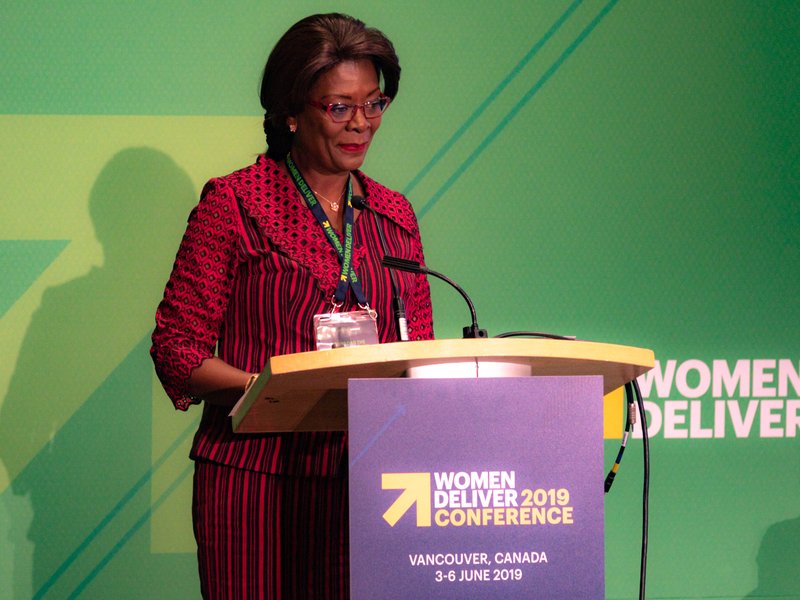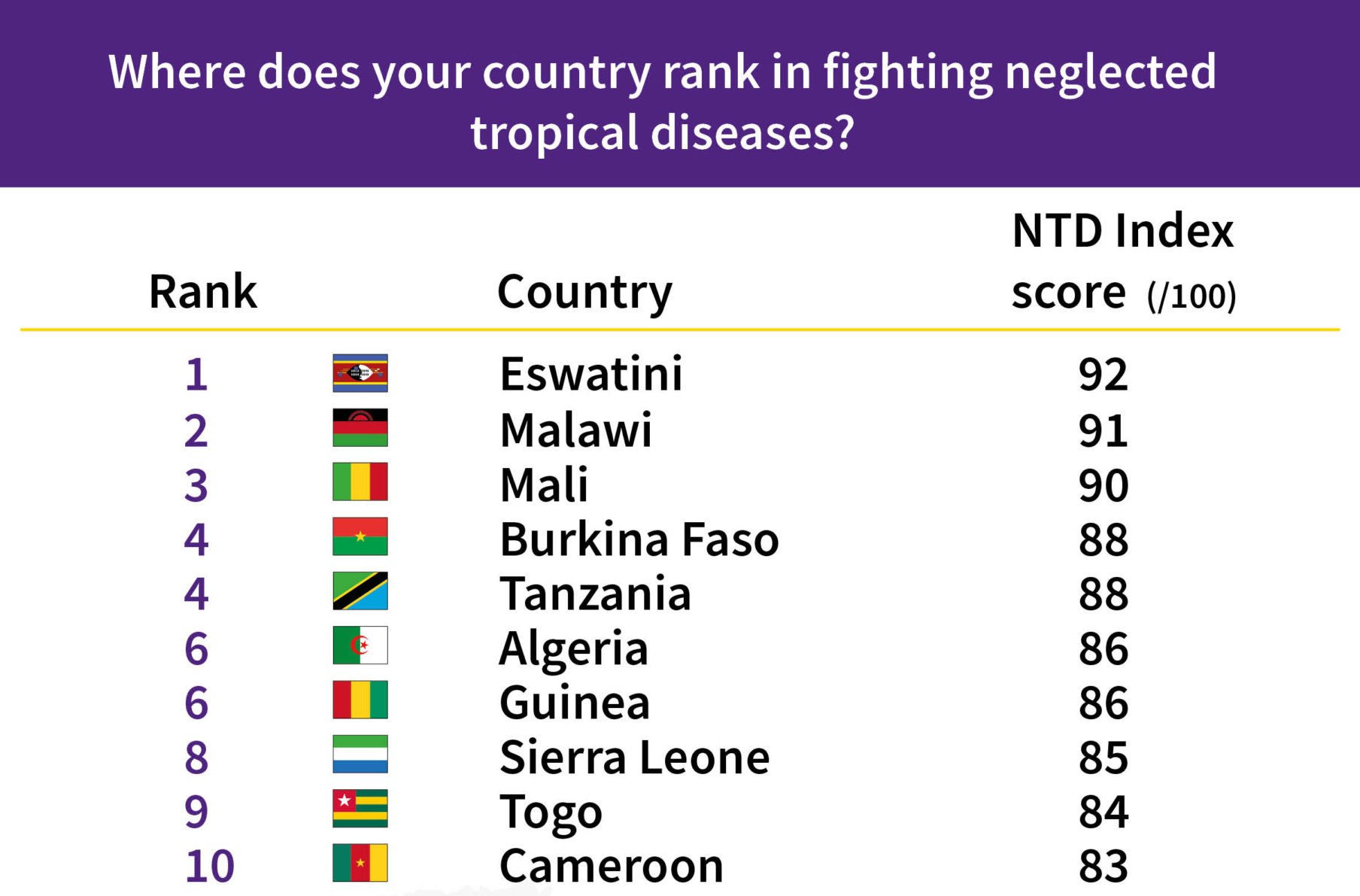
Her Excellency Madame Sika Bella Kaboré is the First Lady of Burkina Faso, President of the Organization of African First Ladies for Development (OAFLAD) and founder of the KIMI Foundation for preventative healthcare.
I was in Vancouver recently, where I took part in an extraordinary quiz, intended to test our knowledge of Neglected Tropical Diseases (NTDs). I learned a number of new and surprising facts in a fun way.
The quiz, initiated by Uniting to Combat NTDs, was organised within the more general framework of the Women Deliver Conference, during its fifth iteration, hosted in Vancouver, Canada. Approximately, 8000 people attended the conference, which is held every three years.
The goal of the event is to promote gender equality globally. I attended in my capacity as First Lady of Burkina Faso and President of the Organization of African First Ladies for Development (OAFLAD), at the invitation of Uniting to Combat NTDs which is a global health partnership of over 80 diverse organisations, all working with a common goal of eliminating preventable diseases by ensuring that treatments provided, reach people more at risk.
Within OAFLAD, we draw from our privileged position as First Ladies to advocate for programs designed to promote access to health services and adoption of laws, to empower women and young people. We bear the voice of women and children of Africa who are imprisoned in a poverty cycle due to diseases including HIV/AIDS, Neglected Tropical Diseases and all other diseases causing stigma.
I was glad to participate in an event like this during which I met people who are particularly passionate and enthusiastic to join us in doing all we can to protect our populations from these risks of vulnerability.
In 2017, my country Burkina Faso reached nearly 6 million people with treatments for the five most common Neglected Tropical Diseases. Hence, Burkina Faso is ranked 4th among 49 African countries affected by NTDs.
These figures are particularly encouraging, considering that in the same year, my country was ranked 183rd on the Human Development Index. Nearly nine out of ten people that are exposed to the risk of these common diseases are being protected through our national plans for health development, implemented with technical support provided by WHO.

The current plan, developed for the 2016-2020 period reaffirms the engagement by the authorities of Burkina Faso, to combat and eliminate most Neglected Tropical Diseases. Currently, 86% of school children are at risk of bilharzia or schistosomiasis.
In the context of Burkina, drinking water supply is insufficient and using polluted water remains widespread, especially in rural areas. Regarding hygiene and sanitation, rainwater drainage systems are weak in urban areas and almost non-existent in rural areas, causing floods and the spread of disease vectors.
The advice is to stay out of stagnant water in areas where this disease is endemic (the disease is transmitted by small freshwater snails). But if you are a woman or a child in a country where your role in the family involves fetching water, you are naturally more at risk.
Most women and girls will develop schistosomiasis if they are not treated: if they are infected, the disease could develop into female genital schistosomiasis which increases the risk of contracting HIV and has a huge impact on the reproductive health of women, leading to complications during childbirth. For people living in isolated rural areas with limited access to regular health care, such risks regularly put their lives in danger.
We need women in good health to fully play their part in the economic growth of our developing countries if we want to reach our full potential and to help people out of poverty through education and employment. We should continue raising awareness and supporting advocacy, to ensure that the critical situation of women with regard to the risk of NTDs is properly addressed.
I created KIMI Foundation to promote the prevention of avoidable diseases, in particular among women and children. To achieve this target, I implement educational programs and hygiene promotion campaigns. I believe that these will contribute to health policy as implemented by the Government and public authorities of my country.
These policies are targeting the elimination of these diseases which undermine health, productivity, education, levels of equality and dignity in my country. It is in this regard that KIMI which means “umbrella”, was created to reflect my vision of protection and promotion of health.
Neglected Tropical Diseases are pernicious. They prevent children from going to school and oblige families to take care of affected relatives who cannot work. As a consequence, this seriously impacts the number of people who are able to develop through work.
Organisations like Uniting to Combat NTDs, are helping in mobilizing and advocating for international and domestic resources to fight neglected tropical diseases. The success of their joint efforts, however, depends on their collaboration with governments.
Burkina Faso is a good example of what can be achieved through public-private partnership, partly thanks to contributions in human resources provided by our Government, to assist partners like USAID, UK Aid, WHO and the World Bank, to implement interventions combating NTDs countrywide.
It is neither difficult nor expensive to treat these diseases. Many medicines are single treatments and are provided by pharmaceutical companies for free, to save or radically change a life. So what are we waiting for?
Text reproduced with permission from the original article in New African Magazine.